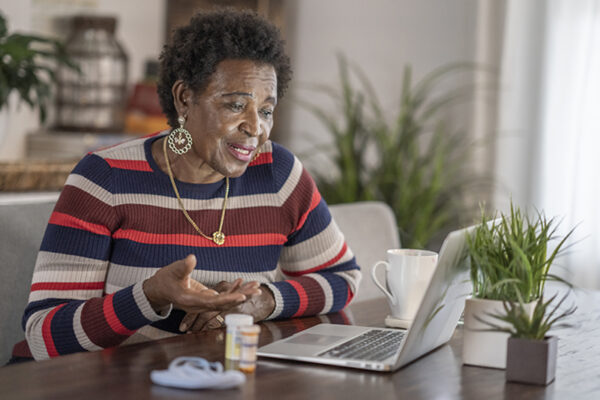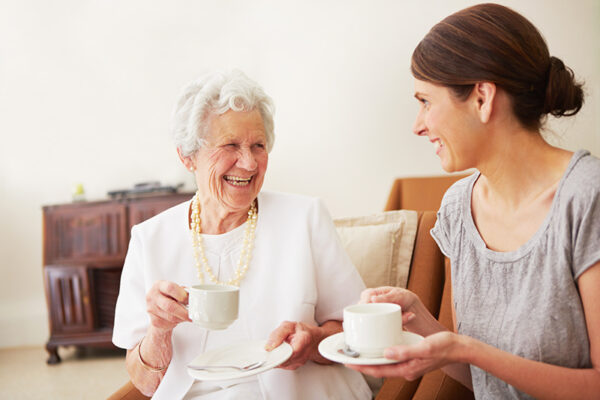Effective Strategies to Advocate for Aging Parents
Trusting someone you love to be cared for by someone else is never easy, especially for a senior family member. Whether at home or in a facility, you’ll have questions that need to be answered. You’ll also want to be prepared to advocate for your loved one to proactively manage any potential problems and also…





